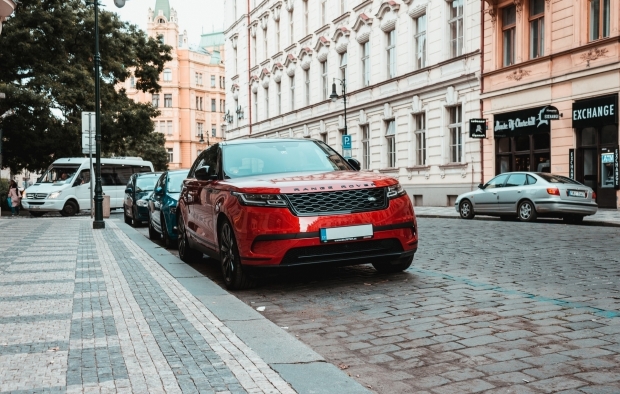
- Home
- News
- Road Traffic
- Calls Increase for SUV Ban to be Introduced in Cities

Calls Increase for SUV Ban to be Introduced in Cities
The popularity of SUVs is being called into question, as campaigners are petitioning for a ban on 4x4 vehicles in city centres following recent deaths in Germany.
In Berlin earlier this month, a motorist behind the wheel of a Porsche Macan SUV mounted the pavement after losing control of his vehicle, killing four people including a three-year-old boy, his grandmother, and two men, both of whom were in their 20s.
A vigil for those killed took place the following day, with a public outcry against the high-selling large vehicles.
Stephan von Dassel, the district mayor of Berlin-Mitte, said “armour-like SUVs” don’t belong in cities, while German Green party deputy leader, Oliver Krischer, called on a system of regulation, giving power to local authorities to set size limits for vehicles allowed on their roads.
While many road users purchase an SUV for an enhanced sense of safety, they are actually statistically less safe than regular cars, for both the driver and passengers, and other road users. In fact, someone travelling in an SUV is 11% more likely to die in a crash than a person riding in a regular, saloon car. The increased size and perception of safety has been found by studies to lull drivers into a false sense of security, leading them to take greater risks on the road.
British researchers Adam Reynolds and Robin Lovelace are currently analysing police collision data. While passenger vehicle type is not currently recorded by the UK government following injury or death, the pair believe that being hit by a car with a large engine leaves you twice as likely to be killed.
“Rather than making a declaration that SUVs are dangerous what we can say is large engine cars are dangerous,” Said Reynolds, speaking to Forbes. While the pair are still looking into the figures, he adds that the lack of collision data is “masking a deadly problem created by the car industry marketing and producing taller, heavier vehicles.”
Another facet of the backlash against SUVs is their impact on the environment. Thanks to a larger bulk and weight, the average SUV emits 14% more CO2 (16g/km) than an equivalent hatchback. Meanwhile, every 1% shift in the market toward SUV sales increases overall CO2 emissions by an average of 0.15g/km.
What's more, a 2018 report by the Committee in Climate Change concluded that “the popularity of SUVs is cancelling out emissions savings from improvements in technology”.
Share this article
Request a Callback
Had an accident that wasn’t your fault? Leave your details and we’ll call you back.
Thank you
Thank you for your request, one of our team members will be in touch shortly.
Find Out MoreExisting Client?
Keep on top of your claim 24/7, 365 days a year with Touchpoint, accessible from any internet-enabled device.



